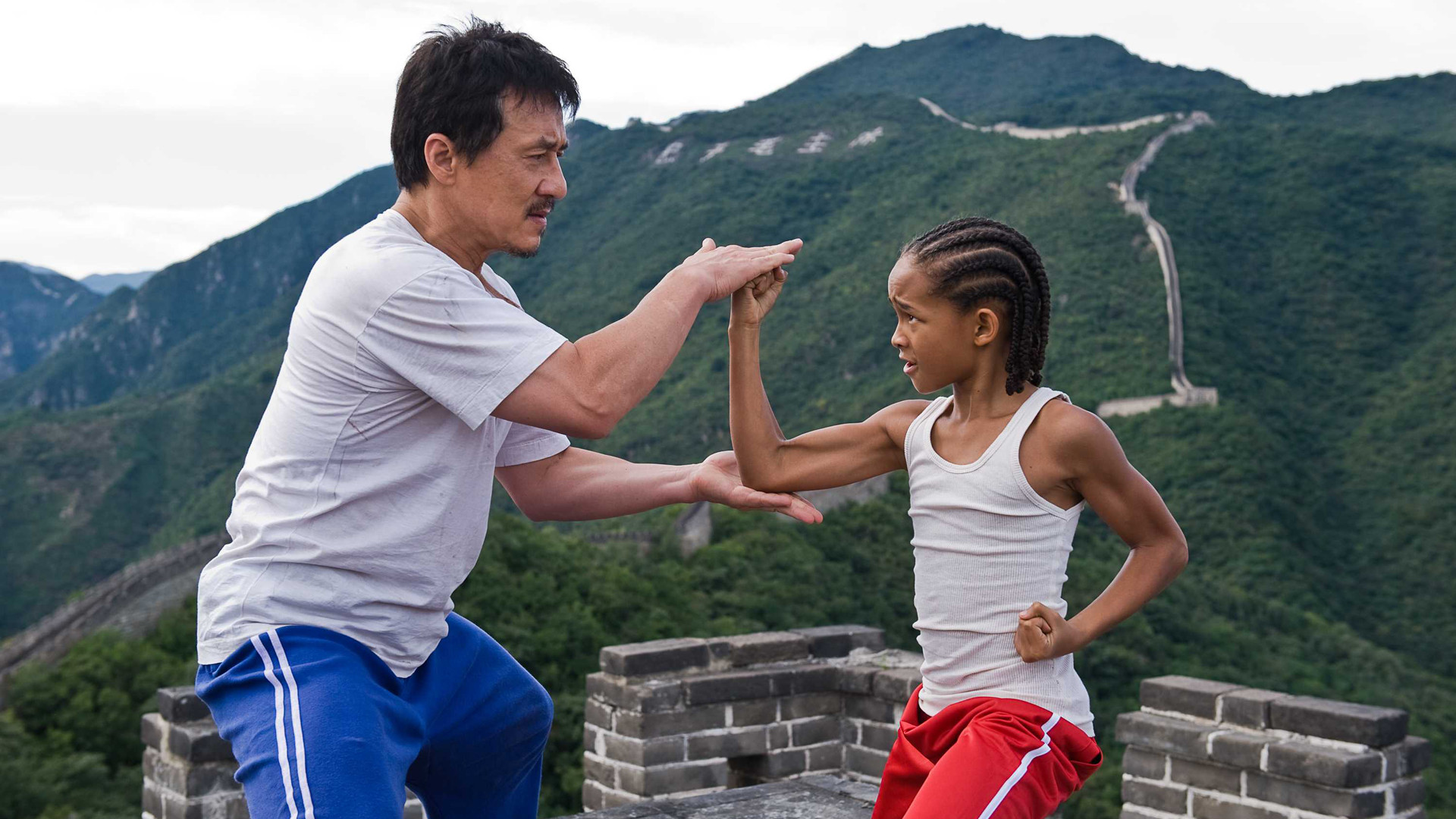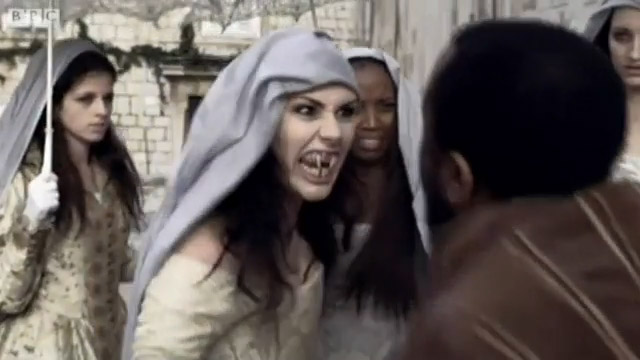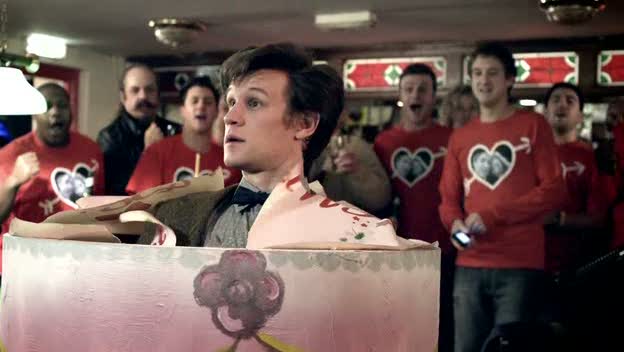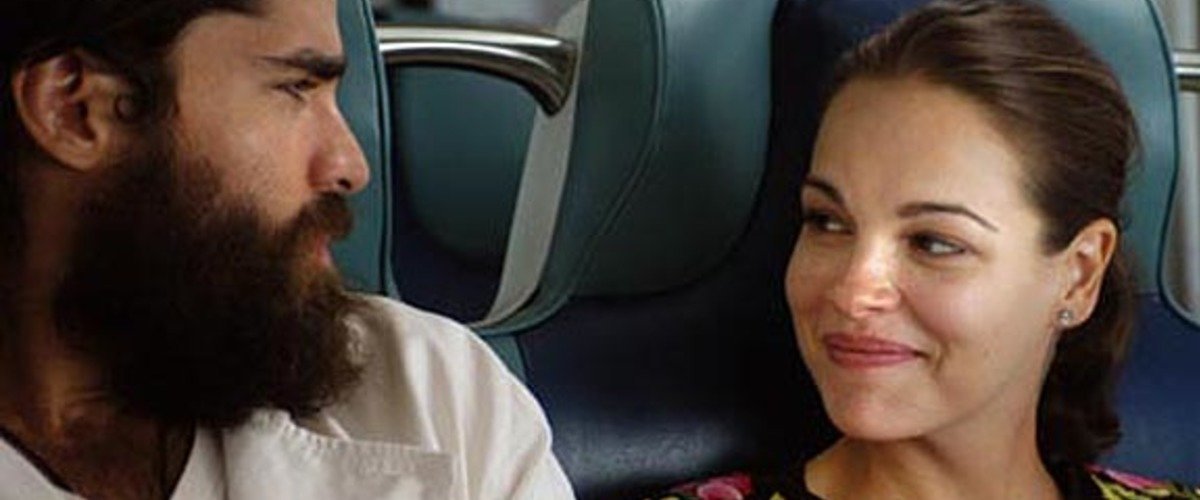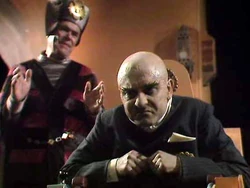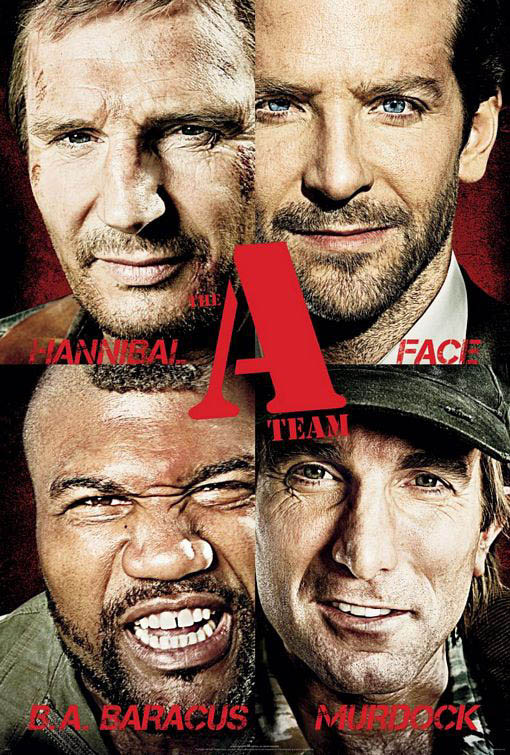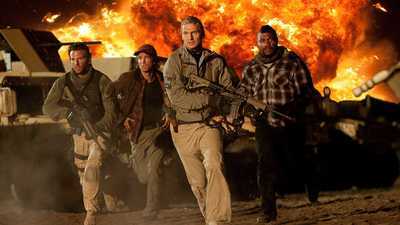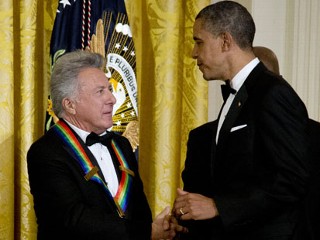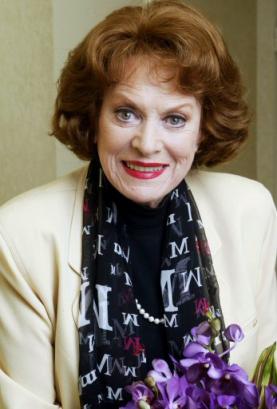FINDING NEMO
It's a curious thing that I until now had not seen Finding Nemo. I had been on The Seas with Nemo & Friends ride at EPCOT, and had seen Finding Nemo: The Musical at Disney's Animal Kingdom, but had not seen the film they are based on. Therefore, when I went into Finding Nemo, I could argue that I had a basic understanding of the story. In spite of all that (as a side note: I highly recommend the musical at Animal Kingdom even if you haven't seen the film--it's wonderfully made), the movie instantly captures you with unique characters, a charming story, and simply amazing cinematography.
Marlin (Albert Brooks), a clownfish has one son, Nemo (Alexander Gould). As a result of tragedy, Marlin is hyperprotective of his only child. Nemo, who has one fin shorter than the other, is not happy about his father's constant smothering, so he decides to go out into the open ocean. Before either of them know what happens, Nemo is taken by a scuba diver. Marlin attempts to follow them, but eventually loses them.
Marlin soon hooks up (no pun intended) with Dory (Ellen DeGeneres), a Regal Blue Tang fish with a jolly personality and short-term memory loss who has seen which direction the boat took but then can't remember why Marlin is following her. At this juncture, Finding Nemo tells two stories; one story is with Marlin and Dory travelling the ocean, where they encounter vegetarian sharks Bruce (Barry Humphries, aka Dame Edna) and Anchor the hammerhead (Eric Bana), a jellyfish forest, surfer sea turtles Crush (Andrew Stanton, who also co-wrote and directed the film) and son Squirt (Nicholas Bird), and idiot seagulls (who can only cry out, "Mine! Mine!" whenever they see anything).
The other story is Nemo in an Australian dentist's office, where he meets the other members of the fish tank: the leader Gill (Willem Dafoe), Bloat, an anxious pufferfish (Brad Garrett), the mothering starfish Peaches (Allison Janney), and Deb (Vicki Lewis), who believes her reflection is an identical sister named Flo. Eventually, both father and son find each other after many dangers and realize just how important they are to each other.
Marlin soon hooks up (no pun intended) with Dory (Ellen DeGeneres), a Regal Blue Tang fish with a jolly personality and short-term memory loss who has seen which direction the boat took but then can't remember why Marlin is following her. At this juncture, Finding Nemo tells two stories; one story is with Marlin and Dory travelling the ocean, where they encounter vegetarian sharks Bruce (Barry Humphries, aka Dame Edna) and Anchor the hammerhead (Eric Bana), a jellyfish forest, surfer sea turtles Crush (Andrew Stanton, who also co-wrote and directed the film) and son Squirt (Nicholas Bird), and idiot seagulls (who can only cry out, "Mine! Mine!" whenever they see anything).
The other story is Nemo in an Australian dentist's office, where he meets the other members of the fish tank: the leader Gill (Willem Dafoe), Bloat, an anxious pufferfish (Brad Garrett), the mothering starfish Peaches (Allison Janney), and Deb (Vicki Lewis), who believes her reflection is an identical sister named Flo. Eventually, both father and son find each other after many dangers and realize just how important they are to each other.
Finding Nemo first has to be complimented on some simply beautiful imagery. The animation is some of the most sublime I've seen, and the ocean looks so incredibly realistic. This is a credit to all the animators at Pixar, who have created a fantastic and realistic-looking world.
The second brilliant thing about the film is the story, co-written by Stanton, Bob Peterson, and David Reynolds. The story is one that can be enjoyed on many levels, from the most basic of an adventure story to a deeper level, one that touches on the role of parents and children. Parents, if one believes the story, have to eventually let go and let their children take risks in exploring the world outside their home. Different parenting methods are brought into sharp focus when Marlin, the hyperprotective anxious father, meets the totally laid back Crush. Both are accurate in the real world: sea turtles lay the eggs and the hatchlings have to crawl out from the beach to the ocean to make it back to their families. The story shifts from merely a father searching for his son to that of a father understanding that he has to trust his child to make his own decisions.
The second brilliant thing about the film is the story, co-written by Stanton, Bob Peterson, and David Reynolds. The story is one that can be enjoyed on many levels, from the most basic of an adventure story to a deeper level, one that touches on the role of parents and children. Parents, if one believes the story, have to eventually let go and let their children take risks in exploring the world outside their home. Different parenting methods are brought into sharp focus when Marlin, the hyperprotective anxious father, meets the totally laid back Crush. Both are accurate in the real world: sea turtles lay the eggs and the hatchlings have to crawl out from the beach to the ocean to make it back to their families. The story shifts from merely a father searching for his son to that of a father understanding that he has to trust his child to make his own decisions.
Co-directors Stanton and Lee Unkrick manage to keep a steady pace, balancing both stories without short-changing either. The moments of comedy (mostly supplied by Dory) are balanced against real moments of tension and even sadness. Marlin and Dory's journey through the jellyfish moments (again, beautifully filmed) is filled with suspense as to whether both or either will make it out alive. Just when you think you see the end result, you get a big surprise that makes you actually cheer.
There are also tense moments when Nemo attempts to escape out of the fish tank and they are balanced with the comedy of joining the tank's 'tribe' by going through THE RING OF FIRE.
There are also tense moments when Nemo attempts to escape out of the fish tank and they are balanced with the comedy of joining the tank's 'tribe' by going through THE RING OF FIRE.
A side note: I digress to say that my favorite characters were the turtles. With their surfer speak and laid-back personas, I thought they were totally cool, like, totally. One can't be blamed if one starts speaking like them once they finish the film.
The side note does go into another brilliant thing in Finding Nemo: each group has their distinct personalities. This gives the characters a wide range of emotions to draw on (no pun intended), from the simple minds of the seagulls (the chase between them and the pelican Nigel, voiced by Geoffrey Rush, especially thrilling), to the sweetness of Dory, to the sincerity of the vegetarian sharks, and the ultra-cool turtles, to the anxiety but deep love of Marlin, all create real characters with real emotions that transend animation.
Finding Nemo is a rich film: in imagery, in story-telling, and in heart. The conflicts between fathers and sons, and the love between them, has rarely been expressed with such beauty and sincerity. Parents and children will relate to this magnificent story. Finding Nemo is well worth the search, a real fish story in that it is true to the human condition.
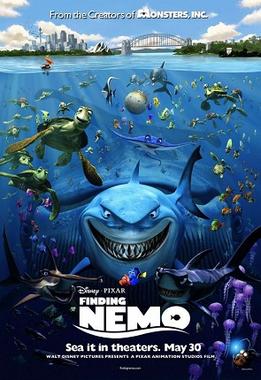



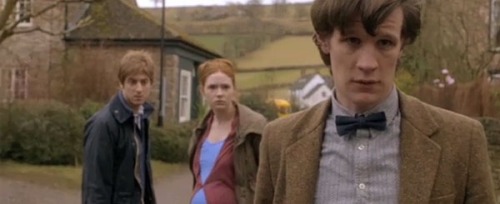

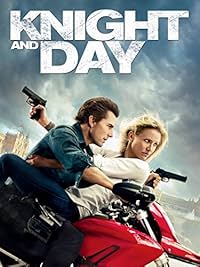



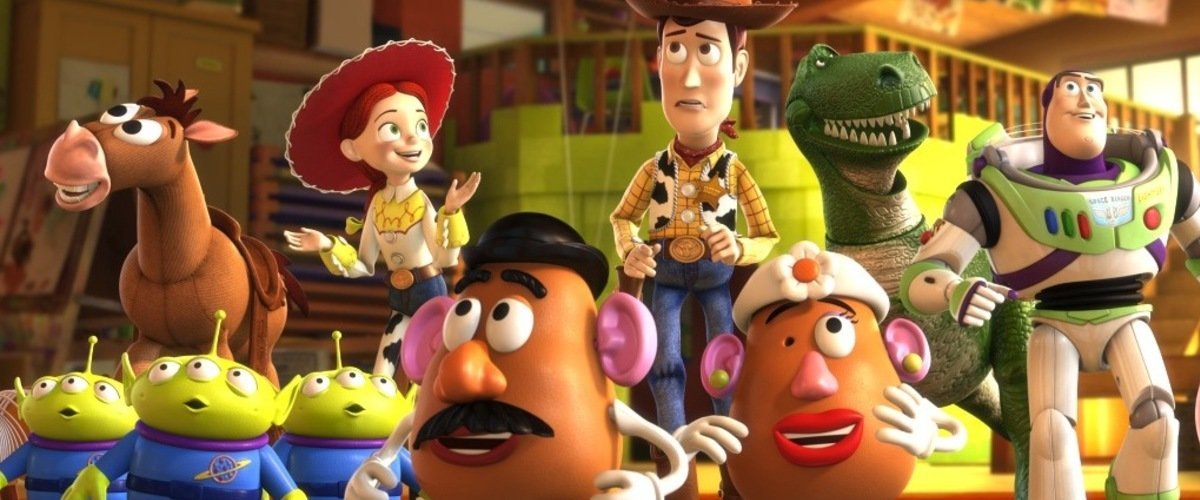
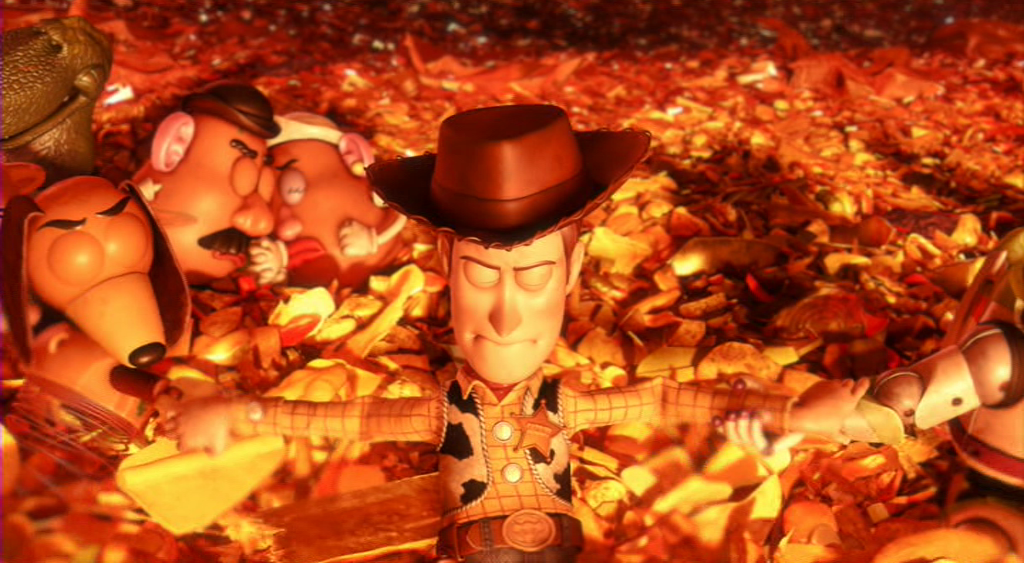
%20Tamil%20Dubbed3.png)


